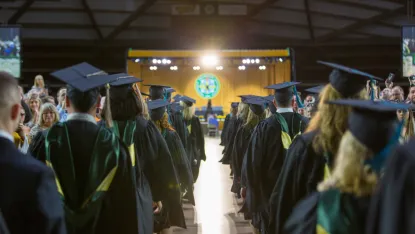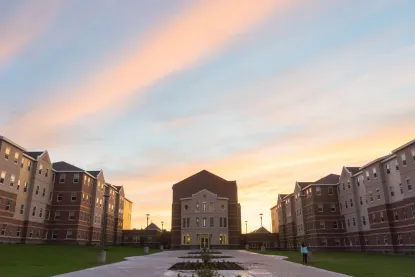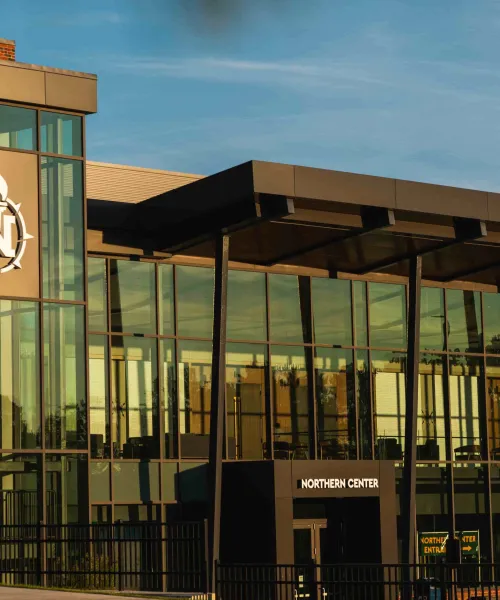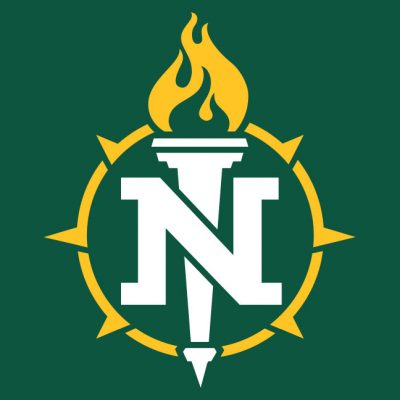
Undergraduate
Choose from one of our 170+ educational programs and let your adventure begin at NMU.

Graduate
With 30+ online and campus-based programs to choose from, Northern's graduate education can help you get to the next level in your professional career. You have accomplished so much already, but now it's time to really immerse yourself in your academic passion.

Online
Your education is ready when and where you want it. In addition to flexible learning options, online learners will receive in-state tuition rates regardless of where they reside.
Highlights

Always North
Welcome future Wildcats! Explore all that NMU has to offer as an affordable and safe four-year university. Visit the NMU Admissions to learn more, schedule a visit and apply!
NMU Admissions
Wellbeing
Mental health and wellness resources and reports for students, faculty and staff, including downloadable resources, news and events.
Learn More
Continue your adventure at NMU
With 28 online and campus-based programs to choose from, Northern's graduate education can help you get to the next level in your professional career.
Graduate Studies and Research
Student Housing and Financial Aid for Students
Have specific questions?
Be sure to check out our student housing through our Housing and Residence Life Office and take a look at what life is like here at NMU!
Or look into financial aid for students from our Financial Aid Office to make sure you get the help you need and answer the questions you may have.










